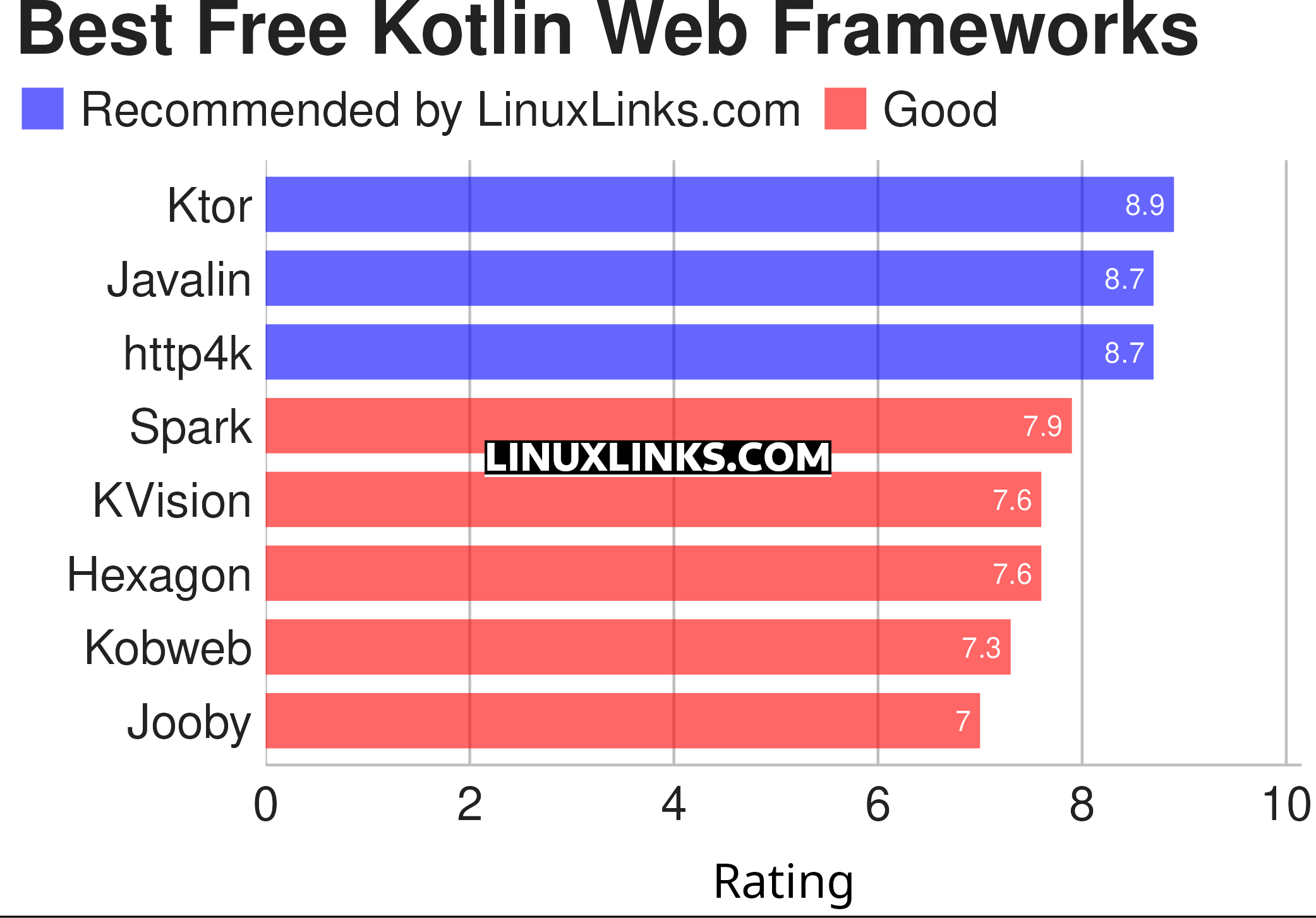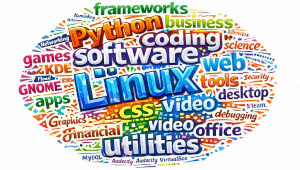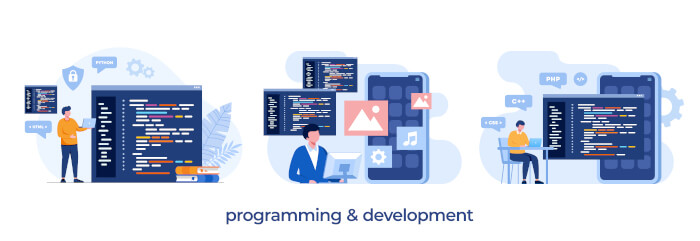One of the types of software that’s important for a web developer is the web framework. A framework “is a code library that makes a developer’s life easier when building reliable, scalable, and maintainable web applications” by providing reusable code or extensions for common operations. By saving development time, developers can concentrate on application logic rather than mundane elements.
A web framework offers the developer a choice about how to solve a specific problem. By using a framework, a developer lets the framework control portions of their application. While it’s perfectly possible to code a web application without using a framework, it’s more practical to use one.
Kotlin is a cross-platform, statically typed, general-purpose programming language with type inference. Kotlin is a more modern version of Java. It adopts functional ideas such as immutability and first-class functions, out of the box, and it is also object oriented.
Here’s our verdict.

Let’s explore the 8 Kotlin web frameworks. For each program we have compiled its own portal page, a full description with an in-depth analysis of its features, together with links to relevant resources.
| Kotlin Web Frameworks | |
|---|---|
| Ktor | Asynchronous framework for creating microservices, web applications and more |
| Javalin | Simple web framework for Java and Kotlin |
| http4k | Lightweight but fully-featured HTTP toolkit |
| Spark | Simple expressive web framework for Java and Kotlin |
| KVision | Object oriented web framework for Kotlin/JavaScript |
| Hexagon | Build server applications (Web applications or APIs) that run inside a cloud platform |
| Kobweb | Modern framework for full stack web apps |
| Jooby | Modern, performant and easy to use web framework for Java and Kotlin |
This article has been revamped in line with our recent announcement.
 Read our complete collection of recommended free and open source software. Our curated compilation covers all categories of software. Read our complete collection of recommended free and open source software. Our curated compilation covers all categories of software. Spotted a useful open source Linux program not covered on our site? Please let us know by completing this form. The software collection forms part of our series of informative articles for Linux enthusiasts. There are hundreds of in-depth reviews, open source alternatives to proprietary software from large corporations like Google, Microsoft, Apple, Adobe, IBM, Cisco, Oracle, and Autodesk. There are also fun things to try, hardware, free programming books and tutorials, and much more. |

